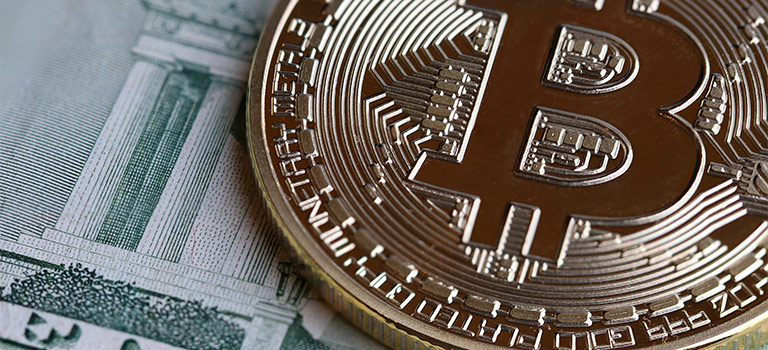PALO ALTO, Calif. (Reuters) - The Federal Reserve is looking at a broad series of problems around digital payments and currencies, including policy, design and legal factors to consider around potentially issuing its own digital currency, Governor Lael Brainard stated on Wednesday. Brainard's remarks recommend more openness to the possibility of a Fed-issued digital coin than in the past." By changing payments, digitalization has the prospective to provide higher value and benefit at lower cost," Brainard stated at a conference on payments at the Stanford Graduate School of Company.
Reserve banks worldwide are disputing how to manage digital financing technology and the distributed ledger systems utilized by bitcoin, which promises near-instantaneous payment at potentially low cost. The Fed is establishing its own day-and-night real-time payments and settlement service and is currently examining 200 comment letters submitted late last year about the suggested service's design and scope, Brainard stated.

Less than 2 years ago Brainard informed a conference in San Francisco that there is "no engaging demonstrated requirement" for such a coin. But that was before the scope of Facebook's digital currency aspirations were widely understood. Fed authorities, consisting of Brainard, have raised concerns about customer protections and data and privacy threats that could be positioned by a currency that might enter usage by the 3rd of the world's population that have Facebook accounts.
" We are teaming up with other reserve banks as we advance our understanding of reserve bank digital currencies," she said. With more nations looking into providing their own digital currencies, Brainard stated, that includes to "a set of factors to also be making certain that we are that frontier of both research study and Visit the website policy development." In the United States, Brainard stated, concerns that need study consist of whether a digital currency would make the payments system safer or easier, and whether it could posture financial stability dangers, including the possibility of bank runs if money can be turned "with a single swipe" into the central bank's digital currency.
To counter the financial damage from Discover more here America's extraordinary national lockdown, the Federal Reserve has actually taken extraordinary actions, including flooding the economy with dollars and investing directly in the economy. Many of these relocations received grudging acceptance even from lots of Fed doubters, as they saw this stimulus as needed and something only the Fed could do.
My new CEI report, "Government-Run Payment Systems Are Risky at Any Speed: The Case Versus Fedcoin and FedNow," details Click to find out more the dangers of the Fed's current prepare for its FedNow real-time payment system, and propositions for central bank-issued cryptocurrency that have been dubbed Fedcoin or the "digital dollar." In my report, I discuss concerns about personal privacy, data security, currency manipulation, and crowding out private-sector competitors and innovation.
Proponents of FedNow and Fedcoin state the government should produce a system for payments to deposit quickly, rather than encourage such systems in the economic sector by lifting regulatory barriers. But as noted in the paper, the personal sector is providing a relatively endless supply of payment technologies and digital currencies to solve the problemto the level it is a problemof the time gap between when a payment is sent and when it is received in a bank account.
And the examples of private-sector innovation in this area are many. The Cleaning Home, a bank-held cooperative that has actually been routing interbank payments in numerous forms for more than 150 years, has been clearing real-time payments because 2017. By the end of 2018 it was covering 50 percent of the deposit base in the U.S.